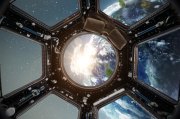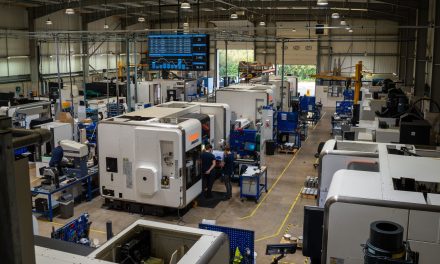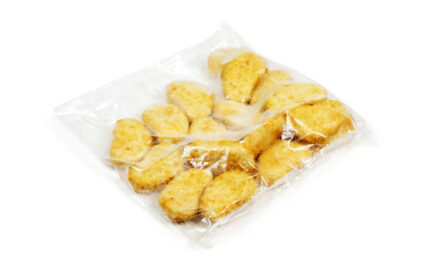Today, the British Interplanetary Society (BIS), Britain’s leading think tank on space development, announces a major new competition which will see participants come up with the best ideas relating to the storage and handling of antihydrogen – a chemical which can, in theory, be used to generate nuclear power for use in space exploration technologies, and point the way to highly energetic propulsion systems, designed to reduce the transit time between solar system objects.
The competition has been sponsored by Mirror Quark Ltd., led by Alan Bond, the renowned British mechanical and aerospace engineer, and will welcome proposals from engineers, scientists and physicists over the next six months (closing date: 11th June 2021).
The participants who comes up with the best new idea for storage, handling or manufacture of antihydrogen will be announced as the winners of the competition in October 2021, with first place being awarded a £3,000 cash prize and second place will be awarded £1,500. £300 will also be available to the best submission by a member of the Student Technical Working Group (STWG), and a £200 prize will be awarded to the runner up by a member of the STWG.
If antihydrogen can successfully be handled, space exploration engineers will be able to replace the existing thermodynamic process of converting heat into electrical power, which is heavy and inefficient, with a nuclear power generating technology, which would be far more time and cost efficient.
Therefore, BIS and Alan Bond have established this competition to generate new ideas around the storage and handling process of antihydrogen, and have specifically asked participants if they can come up with any new ideas for the following:
- Manufacture and store antiprotons
- Convert antiprotons to an antihydrogen state suitable for practical use
- Transfer antihydrogen to a power supply storage container
- Transfer antihydrogen from this container to a reactor
Alan Bond, the Founder of Mirror Quark Ltd, expanded on the competition rules with the following statement: “The antihydrogen may be considered in any of the normal states of matter – solid, liquid, gaseous, or partially or fully ionised plasma. It must be remembered, however, that the objective is a low-mass system; the flow rate of antihydrogen needs to be in the microgram/s to milligram/s range and storage in the gram to kg range. These values are astronomical compared to current achievements at CERN, which are in the order of millionths of a microgram. Do not be deterred though!
“In considering this challenge, engineering issues such as containment system failure, the achievement of perfect vacuum and the out-gassing of material walls should not be allowed to constrain innovative thinking. However, any solution must be consistent with mainstream physics and must be supported by at least a rudimentary quantitative analysis. The contestant does not have to propose solutions to every item 1 to 4 above, but is encouraged to try.”
The competition will be judged by Dr Ruth Bamford, Research Scientist at Rutherford Appleton Laboratory; Professor Bob Bingham, Rutherford Appleton Laboratory who has led experiments at CERN; Alan Bond, Founder of Mirror Quark and formerly Reaction Engines; and in conjunction with the BIS Technical Committee, which is chaired by Gerry Webb, BIS President.
Elizabeth Anderson, CEO of the British Interplanetary Society, comments: “This competition presents a fantastic opportunity for engineers and scientists across the world to contribute to a significant moment for the advancement of British space exploration.
“The BIS, and all judges and experts involved, are extremely excited to see what participants can bring to the table, and we hope that this competition will mark the first in a continuing series of prizes aimed at generating ideas to solve the issues inhibiting human-cosmic development and space exploration.”
Full entry details, including Terms and Conditions, can be found at www.bis-space.com/technicalcompetition


